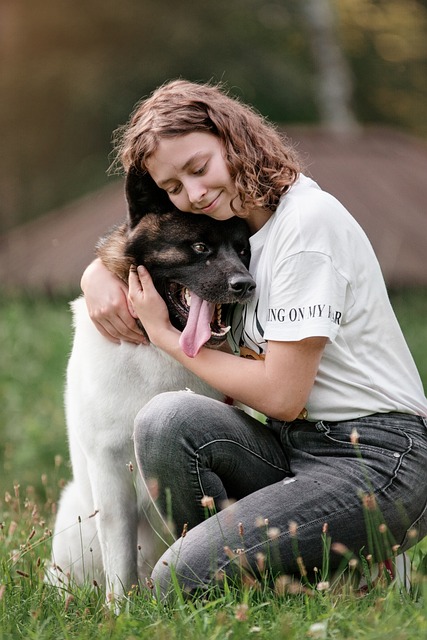Understanding Your Pet’s Behavioral Changes
As a pet owner, you have formed an unbreakable bond with your furry friend. However, changes in behavior can sometimes be alarming and confusing. Pet behavioral changes can be caused by various factors, such as environmental changes, health issues, or even age-related decline. In this article, we will explore the possible causes of behavioral changes in pets and provide tips on how to address these changes.
Causes of Behavioral Changes
Behavioral changes in pets can be caused by a variety of factors, including:
* Environmental changes such as moving to a new home or change in household dynamics.
* Health issues such as pain, discomfort, or underlying medical conditions.
* Age-related decline, which can lead to cognitive decline and behavioral problems.
* Changes in diet, exercise, or social interaction.
Some common signs of behavioral changes in pets include:
* Increased anxiety or stress
* Aggression towards people or other animals
* Escaping or attempting to escape
* Destruction of property
* Changes in appetite or water intake
Recognizing the Signs
Recognizing the signs of behavioral changes is crucial to address these changes. Some common signs that you should be aware of include:
* Increased whining or whimpering
* Changes in sleep patterns
* Decreased interest in activities they once enjoyed
* Changes in appetite or water intake
If you notice any of these signs, it’s essential to consult with a veterinarian to rule out underlying health issues.
Consulting the Right Veterinarian
Choosing the right veterinarian is crucial for addressing behavioral changes. Look for a veterinarian who:
* Has experience in treating behavioral issues
* Uses positive reinforcement training methods
* Is knowledgeable about pet nutrition and lifestyle
Some questions to ask when selecting a veterinarian include:
* What is your approach to addressing behavioral changes?
* Do you use positive reinforcement training methods?
* Can I schedule regular check-ins with you?
Addressing Behavioral Changes
Once you have consulted with a veterinarian, there are several steps you can take to address behavioral changes.
* Provide a safe and comfortable environment.
* Establish a consistent daily routine.
* Increase exercise and mental stimulation.
* Positive reinforcement training.
* Manage stress and anxiety.
Some additional tips for managing behavioral changes include:
* Provide adequate sleep and rest time.
* Limit screen time and provide alternative activities.
* Rotate toys and provide new ones regularly.
Ways to Keep Your Pet Active and Healthy
Regular exercise is essential for maintaining your pet’s physical and mental health. Here are some ways to keep your pet active and healthy:
Ways to Keep Your Pet Active and Healthy provides a comprehensive guide on how to provide your pet with the physical activity they need.
The Importance of Pet Insurance for Pet Owners
Pet insurance can provide financial protection against unexpected veterinary expenses. Here are some reasons why you should consider getting pet insurance:
The Importance of Pet Insurance for Pet Owners provides a detailed guide on the benefits and risks of pet insurance.
Coping with Behavioral Changes
Behavioral changes can be challenging to cope with. Here are some tips to help you cope:
* Seek professional help, such as training or behavioral consultations.
* Establish a support network, including friends, family, or online communities.
* Be patient and understanding of your pet’s needs.
Conclusion
Behavioral changes in pets can be caused by various factors. By recognizing the signs and consulting with a veterinarian, you can address these changes and provide your pet with a safe and comfortable environment. Regular exercise, positive reinforcement training, and managing stress and anxiety are also essential for maintaining your pet’s physical and mental health.
Consulting with the right veterinarian and seeking professional help can also make a big difference in coping with behavioral changes. With patience, understanding, and support, you can help your pet navigate these changes and maintain a happy and healthy relationship.
Additional Resources
For more information on addressing behavioral changes in pets, please consult the following resources:
Pet behavior library | Animal Humane Society
Behavioral Help for Your Pet | ASPCA

